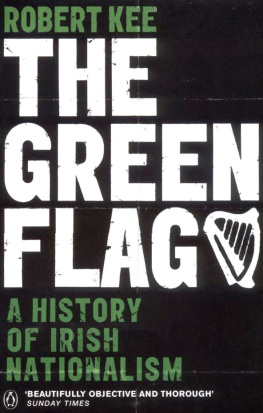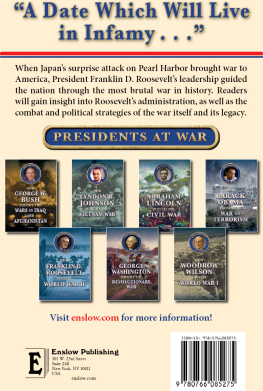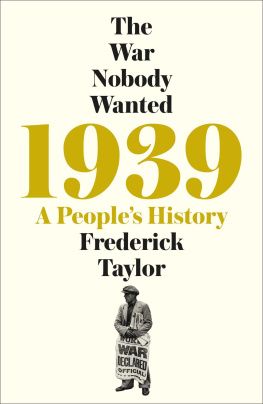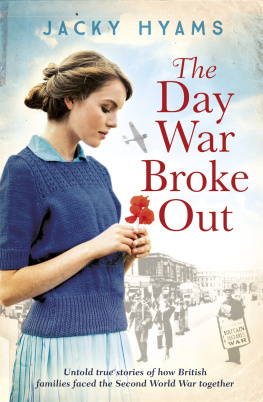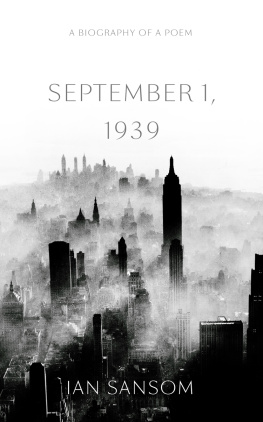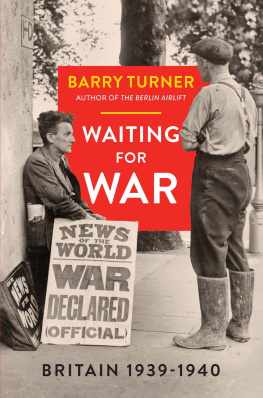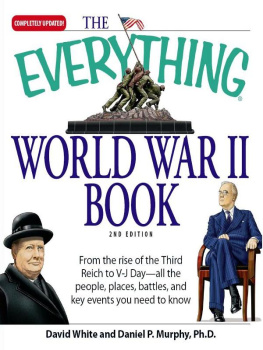1939: THE WORLD WE LEFT BEHIND
Robert Kee
Robert Kee 1984
Robert Kee has asserted his rights under the Copyright, Design and Patents Act, 1988, to be identified as the author of this work.
First published in 1984 by Fairrealm Ltd.
This edition published in 2019 by Endeavour Media Ltd.
F or S ue
Table of Contents
REMEMBERING
Erna Rosenthal, Wucherer Strasse 24, Halle an der Saale, Germany
Edith Kaufmann, Augsburger Strasse 16, Berlin W.50
Helene Gleich, Raupachstrasse 8, Berlin C.2
Erna Blass, Mnchener Strasse 15, Berlin W.30
Lucie Kallmann, Nachodstrasse 28, Berlin W.
Meta Nussbaum, Brandenburgische Strasse 46, Berlin-Wilmersdorf
Hilda Lwenthal, Geberstrasse 4, Hanover
Else Reisman, Augustastrasse 16, Breslau
Margot Wolff, Gandystrasse 8, Berlin N.8
Hildegard Eppstein, Carmen Sylva Strasse 129, Berlin 113
Johanna Raphael, Wilmersdorfer Strasse 60, BerlinCharlottenburg
Hesta Podolski, Berliner Strasse 147, Berlin-Tempelhof
German girl, Jewess (18), still in Germany, able to do housework, good dressmaker, very fond of children. Turiner Strasse 5, Berlin
all of whom advertised in the Domestic Situations Required column of The Times on Saturday 7 January 1939 and who, together with many others in similar plight throughout that year, long ago left such addresses
In little more than twenty-four hours we shall be entering upon a new year. I trust that it will not only be a peaceful one but a happy one for everybody, and I can assure you that the Government for which I am speaking will do its utmost to make it so.
N eville C hamberlain
Swinton Hall, Masham,
Yorkshire
31 December 1938
The looming danger of war, imminent and inevitable, which seems to be spreading over the world prevents youth from being light-hearted and makes young men feel as though they were in a boat without oars being borne on a swift current towards a cataract and whirlpool.
H erbert S amuel
Oxford
9 February 1939
When huge armaments are being piled up on every hand we cannot avoid a certain anxiety lest some incident, perhaps trifling in itself, should set in motion the machinery that would bring them into operation. We know that if that dread event should come to pass there would be none of those who are dearest to us who could count on escaping the consequences
N eville C hamberlain
Blackburn, Lancashire
22 February 1939
War was made on Germany but not war of a kind or a heat to compel her to bring back her airmen from Poland. This is a terrible episode in our history whatever the explanation may be.
Manchester Guardian
25 September 1939
We sneer at the press, but they give an extremely true picture of a great deal that is going on, a very much fuller and more detailed picture than we are able to receive from Ministers of the Crown
W inston C hurchill
House of Commons
13 April 1939
INTRODUCTION
1939 was to see the outbreak in Europe of the most terrible war the world has yet known. This is an account of that year as it unfolded at the time.
Academic history can sometimes lose sight of one important element in both the experience and the shaping of great events, namely, the straightforward but exciting fact that no one at the time could ever say exactly what was going to happen next. This book tries to show as nearly as possible what it was like to follow the course of events in that year with the only public source of information available: daily newspapers and radio broadcasts.
Whether or not this adds anything useful to our knowledge of history depends on what you think history is for. There is a strict school which believes that the only meaningful historical fact is one which lends itself to some coherent interpretation of mans activities and his social organization. To such people there may seem little here but blind alleyways and leads that either take one nowhere or only to places where one has been before. A wealth of documents from the archives of many countries is now available, together with many politicians memoirs, for study in depth of what actually happened behind the scenes in this year, and much historical analysis has been made of it. The text of this book takes no account of this, or indeed directly of anything that happened after the 31 December 1939. Indirectly an unavoidable knowledge of what did happen next lends, I hope, additional interest to the narrative.
The result of this approach is that emphases here are not always what they are in the history books. Many journalistic stories momentarily emerge to reassume a significance of which history has deprived them; words and actions similarly diminished by time reacquire ephemeral status and what, in the light of subsequent events, often turned out to be futile thinking can again sometimes seem quite reasonable.
My own view of history is that it has many different rles; the one with which this book is concerned is uncomplicated, providing mainly only insights in eventful times into both the bright and the dark side of the human race, and a chance to contemplate the poignancy of both.
The use of newspapers as historical source material can justifiably be questioned with the familiar cry: You dont believe all you read in the newspapers, do you? My own experience is that for all their periodic exaggerations and inaccuracies which they themselves usually have to adjust over a period of time newspapers do provide invaluable historical evidence not only of forgotten events but also of the way things looked before later events made them look different. And that is as much a part of history as the way things actually were.
1939 is a year which I lived through myself in a state of reasonable political awareness, between the ages of nineteen and twenty. But I have been continually surprised in writing this book to find that events did not evolve at the time quite as my memory, conditioned by later historical hindsight, has since led me to think. There is, for instance, the discovery that during the first two and a half months of the year it did not necessarily look at all as if the year would end the way it did. The detail of individual events has become equally distorted. Because we have known for over forty years that the Spanish Civil War ended in April 1939 with the collapse of the Republican Government, its end is virtually the only 1939 association we have for it. Chamberlains appeasement visit to Mussolini in January of this year proved of no consequence whatsoever in history and as a result I find I have no memory of it at all, though I was then quite an avid newspaper reader. Chamberlains initial reaction to the occupation of Prague in March 1939, later rather obscured by the fact that he was finally the Prime Minister who declared war on Nazi Germany, now seems almost unbelievable, though a majority of the House of Commons loyally supported him in it. Later memory of a more terrible event the most appalling in all human history has similarly conditioned forgetfulness of how the matter of Germanys treatment of the Jews appeared in that year.
It is for such reasons that I have concentrated much of the detailed narrative in the early part of the years chronicle. But there is also, of course, another more general reason, the nature of which must be clear from some of the quotations with which I have prefaced the book. It is impossible to read of the year 1939 as it seemed at the time without being struck by disturbing pre-echoes of the way our own times seem to us.


